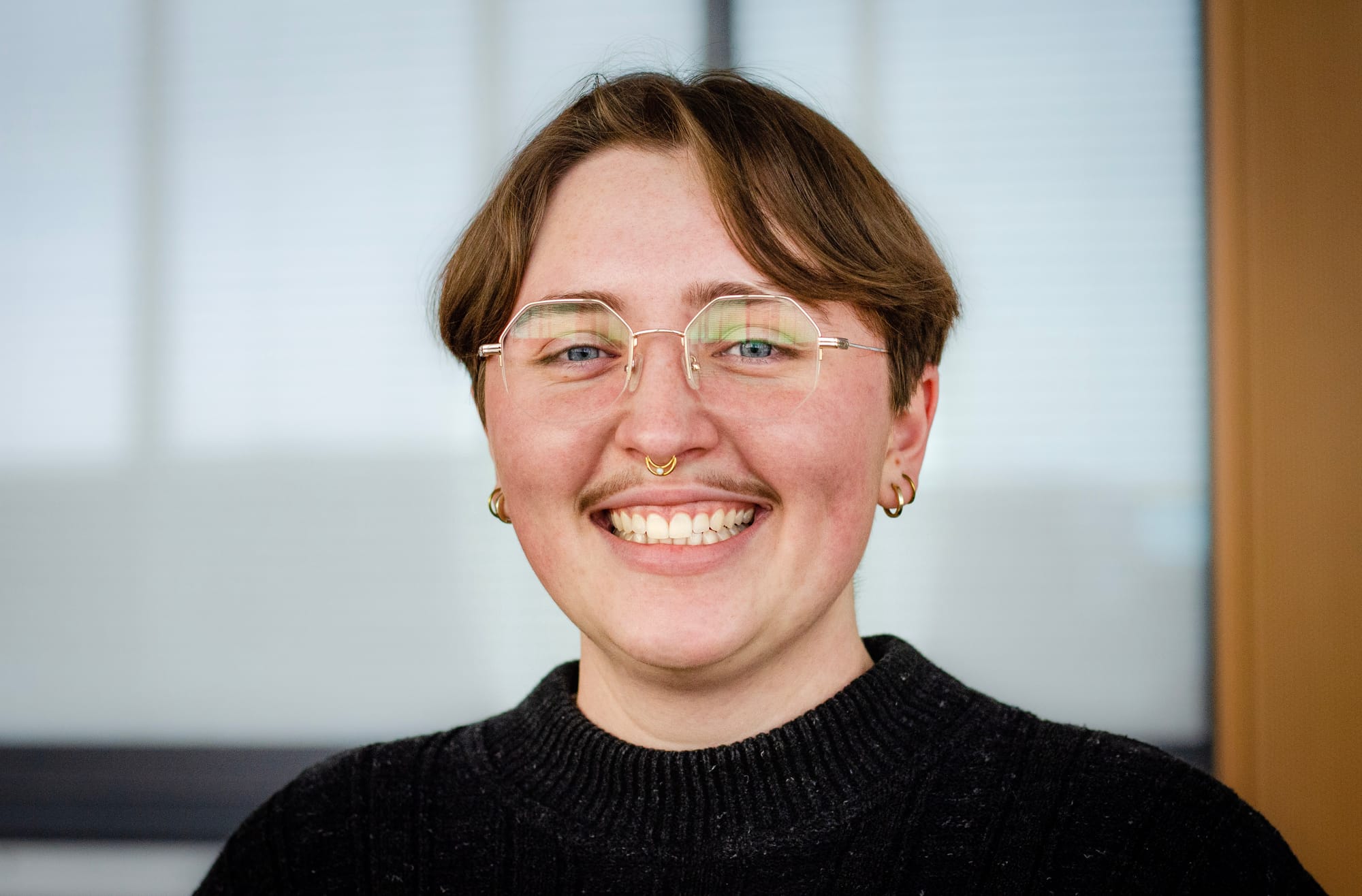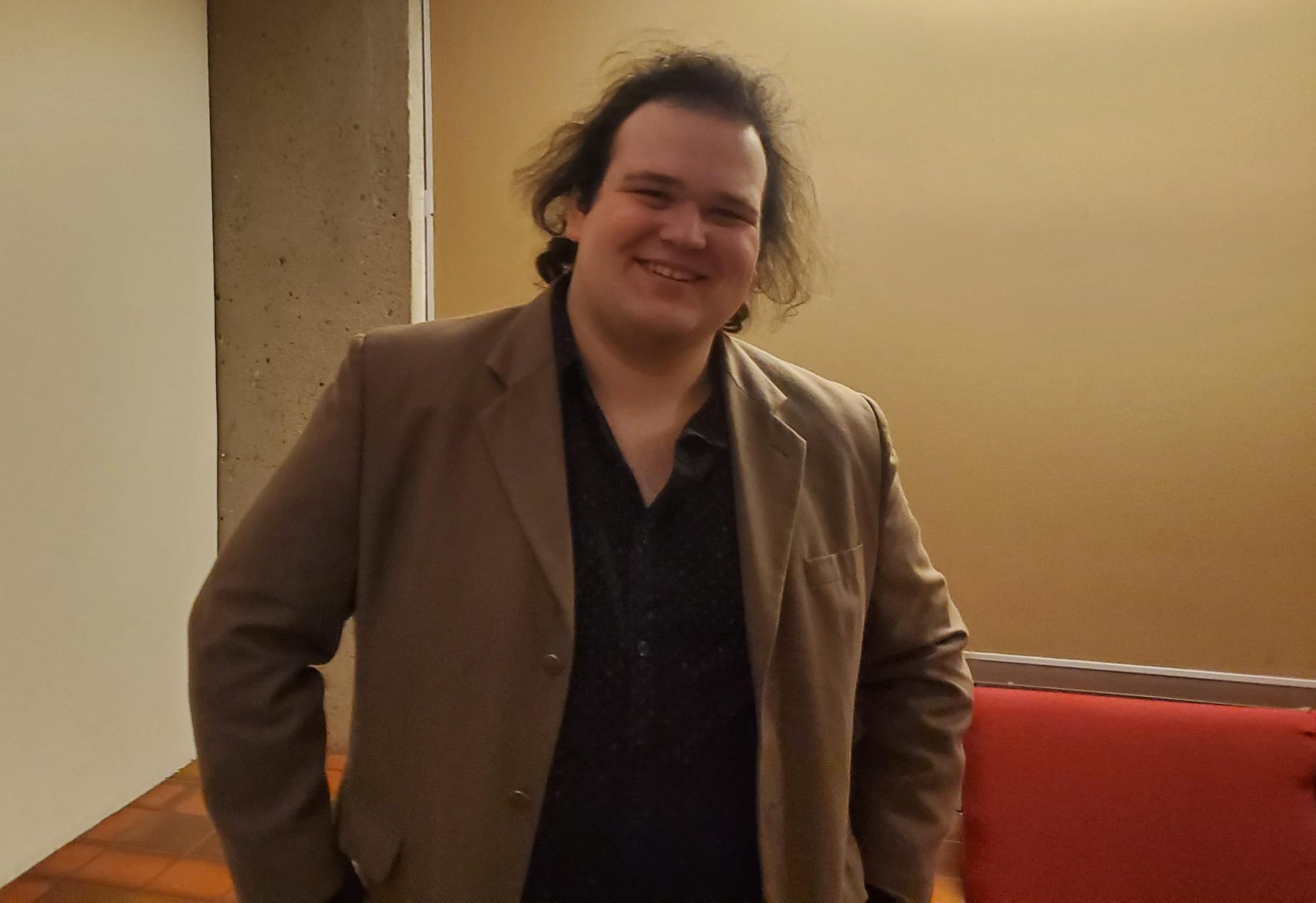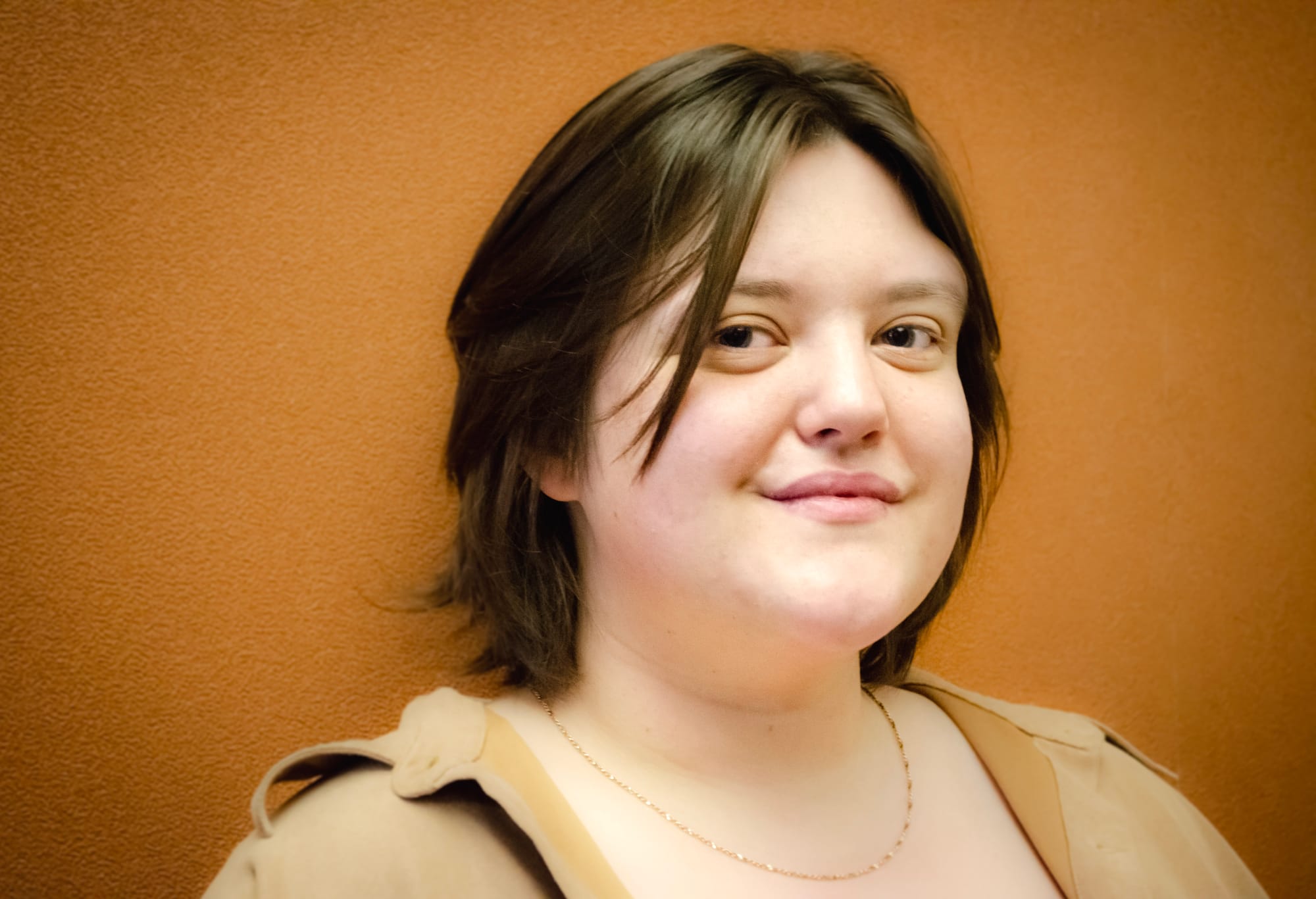Photo by Yannick Pulver / Unsplash
Three students in the Dramatic Arts program at the University of Lethbridge have won the 2024 Play Right Prize competition, all penning plays with a significant personal connection.
Kade Carter takes first place, Brice Popielarz earns the second spot and Achilles Friesen takes third place for the third year running.
The Play Right Prize competition aims to encourage excellence and development in student playwriting. The prize is generously supported by Chancellor Terry Whitehead (BA ’94) and invites a jury of play writing professionals to blind judge entries from students across ULethbridge.
“The Play Right Prize is an incredible opportunity for young artists to kick-start their career development,” says Jenn Taylor, Managing Director of the Alberta Playwrights' Network and jury member. “Even a small amount of money can make a big difference at the start of a career, and the Play Right Prize offers that and more.”
With stories on building connection, shocking revelations and a kidnapping investigation, the three winners discuss their scripts and their own personal meanings to their stories.
Rotting Roots
Drama student Kade Carter penned Rotting Roots, a story that follows three workers at a tree-planting company in Alberta. One of the workers is hiding a secret that threatens to come out during a terrible storm.

Kade started writing the script during his Playwriting class last semester with Jacqueline Russell after they were prompted to write a play inspired by an established playwright. Choosing Sam Shepard and focusing on his family trilogy, Kade says he was intrigued by Sam’s ability to create lasting images with audiences and has himself been contemplating on generational trauma, guilt and healing.
“How do we break cycles of abuse? When can we no longer justify holding on to harmful relationships out of familial obligation? How does holding on to guilt manifest within our lives? These are the central ideas I played with in Rotting Roots. I wanted to find a way to show how holding on to guilt and trauma can eat away at us,” Kade says.
Described as gripping and shocking by the prize jury, Kade says this story is directly influenced by queerness, which is always part of their art, as they chose to make one of the play’s characters non-binary.
“I bring queerness to every role I play, every show I direct, and this script was no different. Too often trans stories are focused on coming out, and coming out is only a small piece of being queer,” Kade says.
“While I am a big advocate for having more trans and queer joy represented, Rotting Roots allowed me the space to explore the deep hurt of watching my community be stripped of our humanity as we increasingly see a rise transphobia and violence against trans people once again. I’m hurt, I’m angry and I am not letting anyone forget the damage transphobia causes.”
Kade earned the top prize on his first submission, earning $1,500 and dramaturgical support for the script. He says the experience helped him step outside of his artistic sphere and is inspiring him to develop the script further in the future.
“Opportunities like the Play Right Prize allow students the mental space to focus more on their studies. For me, the prize is not only an incredible honour to receive, but it also feels like a validation of my art and my new-found exploration into playwrighting.”
Double D
Second-year drama student Brice Popielarz wrote Double D based on a group of people he was friends with in high school. As Brice got older, he realized some of his friends did not have good intentions and wrote his script based on a similar group of friends coming to the same realization.

“It is largely about recontextualizing our own pasts at an older age, and how more knowledge and experience can taint old memories, which is as painful as it is necessary to grow,” Brice says.
“The play is also about the tact and responsibility that must come with a conversation like this, and how much pain can be caused when someone goes into it with selfish intentions.”
The Play Right Prize jury describes Brice’s play as a sharp and tragically realistic narrative with shocking revelations and slung accusations.
Brice says the competition is a great way for budding playwrights to put their work forward and share their work with larger audiences, especially as his own work touches on dangerous and seldom-discussed behaviours.
“I really hope that the play helps people think and talk about their own experiences with grooming. It is very difficult to come to terms with alone, and I think starting that conversation with others is the best thing that the play could do.”
As the second-place winner, Brice receives $750 and dramaturgical support.
We Are Not Suspects
Creating a new record for the Play Right Prize, Achilles Friesen is the third place winner for the third year running. Their script, We Are Not Suspects, looks at the guilt that innocence has on people when something tragic occurs.

“I wanted to write a murder mystery from the perspective of four people who were absolutely not involved, and show how guilt and blame can cause you to start seeing through yourself, and questioning your own reality,” Achilles says.
“I also based this play off of the small town in the middle of nowhere (population less than 200) my grandparents live in, Youngstown AB—somewhere that can’t even financially support a grocery store, since there isn’t enough business. Everyone knows everyone there. My grandma enjoyed it so much that she jokes about moving now.”
The prize jury noted that their play is a twisting tale of secrets and lies, slowly unveiling the poisons of small-town life. Achilles adds that the competition is something they’ve come to know and love as a dramatic arts student.
“It’s great to see the energy on the fourth floor before the submission deadline; everyone has their noses buried in their laptops and only look up to ask each other plot questions. Everyone works very hard on creating their own world to offer, but also helping everyone else on their world and ideas too; it’s a very unifying experience between playwrights.”
For Achilles, winning an award like the Play Right Prize made them realize that being a playwright was a realistic option for them.
“Having the Play Right Prize that not only encourages me to put my best work forward, but also rewards me and acknowledges my art in the medium I present it in, has given me the confidence I lacked to pursue playwriting outside of the University. I entered University trying to decide between being a writer or an actor, but the prize has shown me how to bring those worlds together in a way where my voice rings clearly, and I’m extremely grateful.”
Achilles adds that they feel lucky to share the prize with friends they deeply respect year after year. For third place, Achilles receives $250 and dramaturgical support.
The Play Right Prize has been supporting student excellence in playwriting since 2008. To recognize the winners, the Play Right Prize gala offers audiences a public reading of the top winner’s play and celebrates the achievements of the other two winning scripts.
This year’s gala takes place on Thursday, March 28 at 4:30 p.m. in the David Spinks Theatre and is free for all to attend.